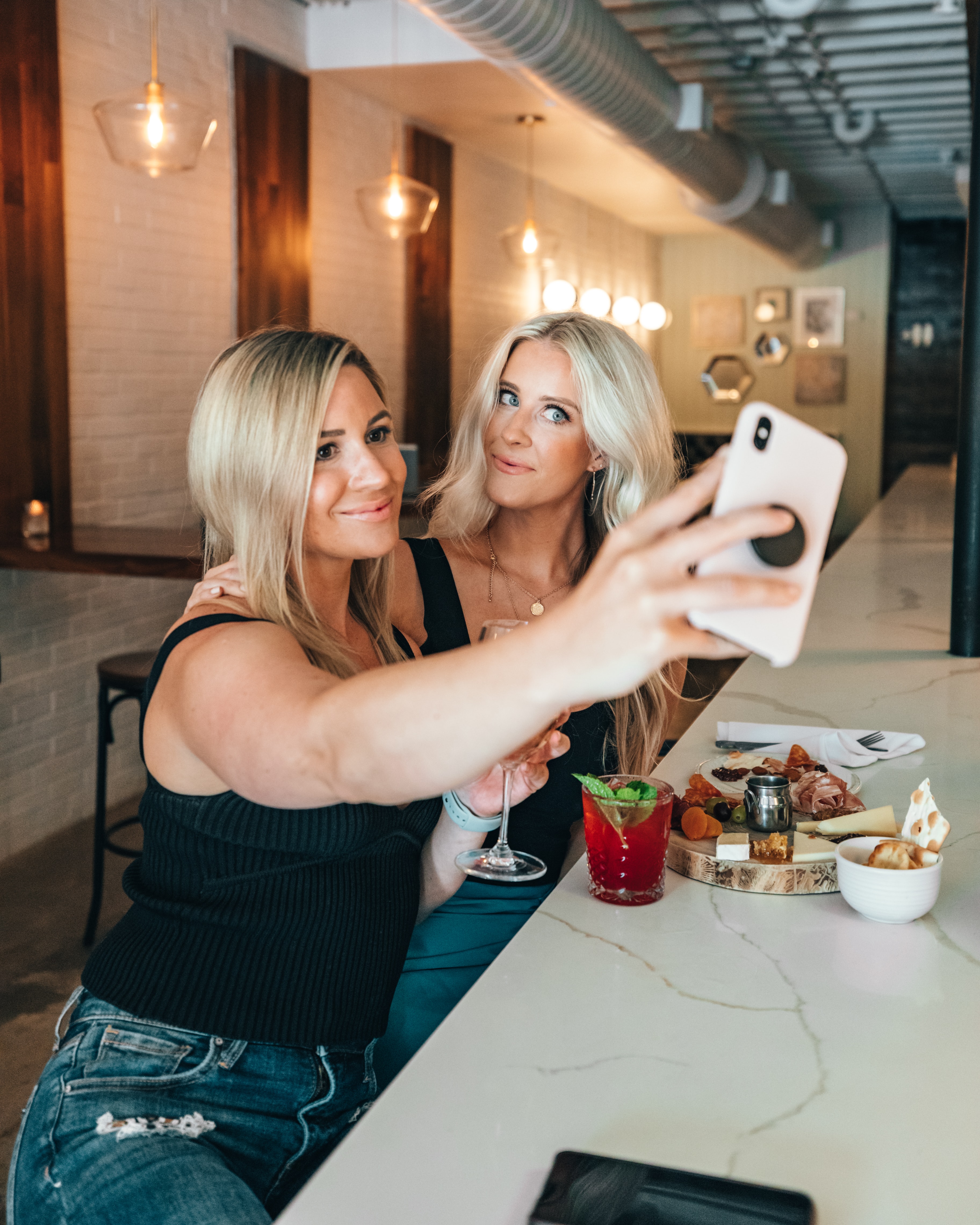Selfie and Self-Esteem
Along with the great rise of social networking sites, selfie has become a very popular way of expressing oneself.
Selfies gives the opportunity to users to present themselves as they want to be seen. That is why, most of the selfies posted on social media are taken while an individual is or at least looks happy. Researchers examined the effects of the process of taking a selfie. According to the design of the study, participants had two problems and two options for each: taking a selfie or taking a picture of a cup; posting the photo on social media or saving the photo only. Self-esteem was measured before and after the process. Participants mostly reported a decrease in self-esteem after taking a selfie. Not just the process, but the consequences of a selfie sharing such as feedback were observed. It appeared that individuals with low self-esteem post fewer selfies than the ones with high self-esteem because of a fear of negative feedback or no feedback at all.
Social Comparison and Self-Esteem
Social comparison is a result and also one of the biggest motivations for social media usage. People tend to compare themselves with others, in order to understand their situation or to get inspired. Social networking sites are quite useful platforms for this purpose because they provide millions of accounts which users can check for comparison and even competition. Upward or downward comparison is possible through social media and studies to show that social comparison through social networking sites and self-esteem is in a correlation. The main purpose of social comparison can be different, depending on if the individual is high or low in self-esteem. It is that motivation for individuals with low self-esteem is self-enhancement via downward comparison while individuals with high self-esteem tend to do upward comparison, seeking opportunities for self-improvement. According to the feedback received from the participants, when the comparison is downward, individuals see and express themselves and target profile similarly. Although it has more negative effects, social media users tend to do more upward comparison than downward comparison; which explains the fact that people tend to believe other social media users have better lives.
Motivations for Social Media Usage, Posting and Self-Esteem:
Social media is a new platform where one can create a profile. Different than real life, social media gives the opportunity to create an ideal self. Impression management is one of the biggest motivations to post online because it helps to show yourself in a way that you want others to see you. On the other hand, self-esteem can be a reason that motivates one to post and in turn, one’s self-esteem may be affected positively or negatively depending on the feedback (likes and comments) received. Past studies also show that frequency of social media (Facebook) use is negatively correlated with self-esteem. It is discussed that high frequency of social media use is associated with increased depression and decreased well being among users.
Thank you for reading.


Your post has been curated by us! Received 20.00% upvote from @opb. Do consider delegate to us to help support our project.
Do join our discord channel to give us feedback, https://discord.gg/bwb2ENt
* This bot is upvoting based on the criteria : 1. Not plagiarised, 2. Persistent previous quality posts, 3. Active engagement with other usersDo upvote this commment if you 💚 our service :)